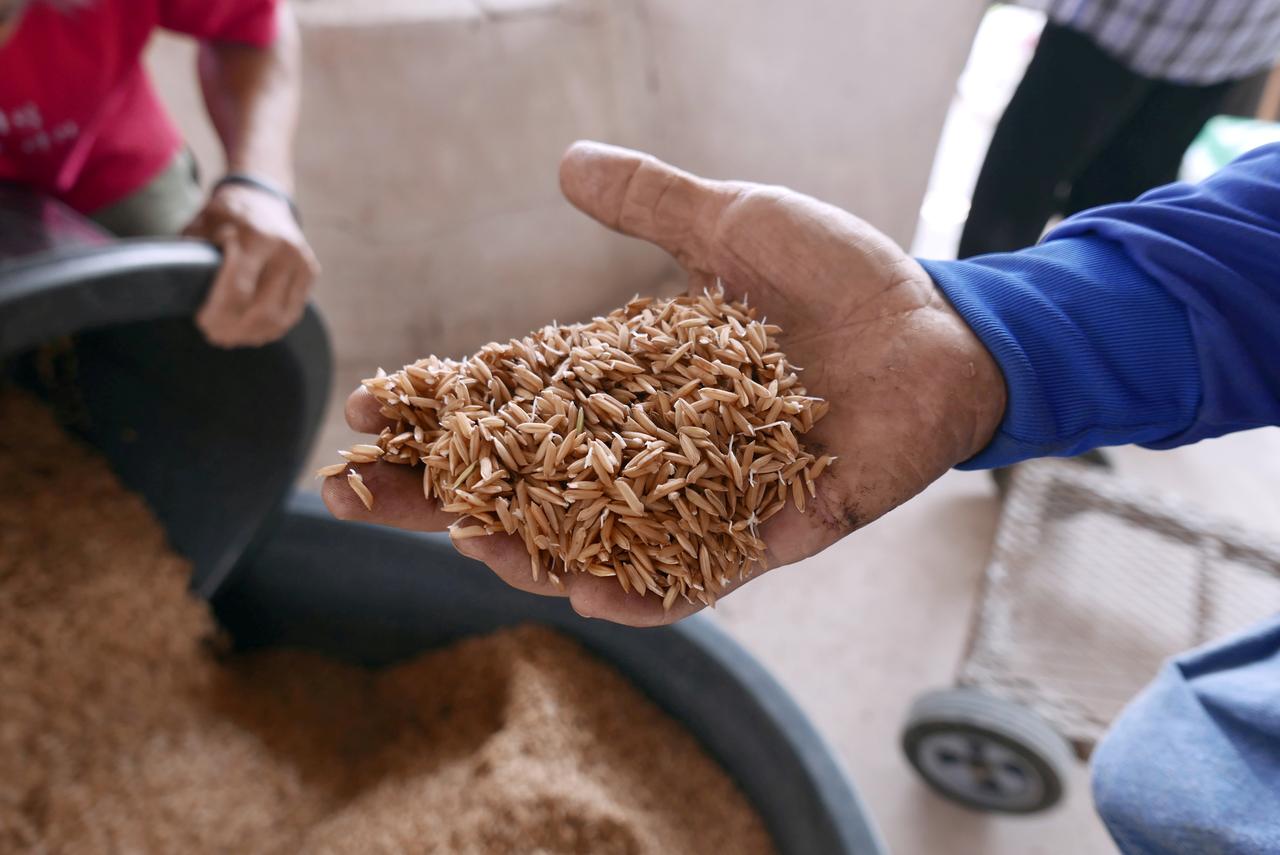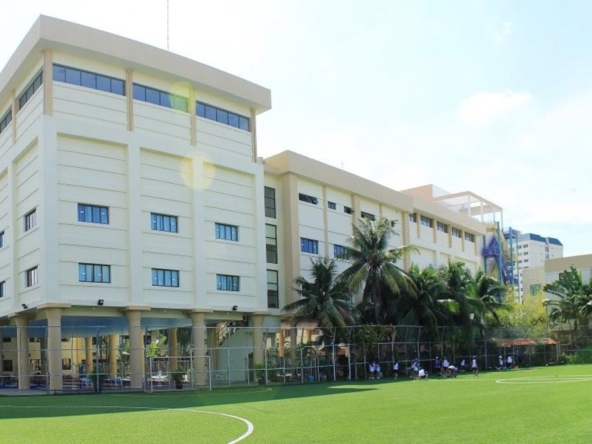Rates for Vietnam’s 5% broken rice rose to $490 a metric ton on Thursday

Rice export prices in Thailand eased this week, snapping a three-week-long rally as the baht slid following the exit of the country’s finance minister, while rates for the Vietnamese grain rose on waning supply.
Prices of second-biggest exporter Thailand’s 5% broken rice slipped to $500-$513 per metric ton on Thursday from $500-$520 last week.
The baht was hit by the sudden resignation of recently appointed finance minister, Predee Daochai, on Tuesday, raising uncertainty in an economy already reeling from the coronavirus.
“The day the finance minister resigned, the rice price suddenly dropped by 0.20 baht, so it did have a psychological effect on rice trade,” a Bangkok-based trader said.
Fresh supplies also contributed to the lower prices.
But another trader said the volume of Thailand’s off-season crop harvested this month has been underwhelming.
Rates for Vietnam’s 5% broken rice rose to $490 a metric ton on Thursday from $480-$490 last week on thin supplies, but traders said weak demand should prevent a further rise in coming weeks.
Supplies aren’t likely to build until the autumn-winter harvest starting November, a Ho Chi Minh City-based trader said.
Preliminary government data showed Vietnam’s rice shipments in the first eight months likely fell 1.7% to 4.5 million metric tons from last year.
Top exporter India’s 5% broken parboiled rice rates were unchanged at $384-$390 per metric ton.
“Exporters haven’t made any changes in prices, but they have to raise prices if rupee rises further,” said an exporter based at Kakinada in the southern state of Andhra Pradesh.
The rupee has appreciated about 3% over the past two weeks.
Neighboring Bangladesh continued to grapple with floods, which have destroyed rice crop worth $4.29 billion and led to a fresh price rise.
“The decision on importing rice is pending. There’s no shortage at the moment,” said Sarwar Mahmud, head of the Directorate General of Food.







